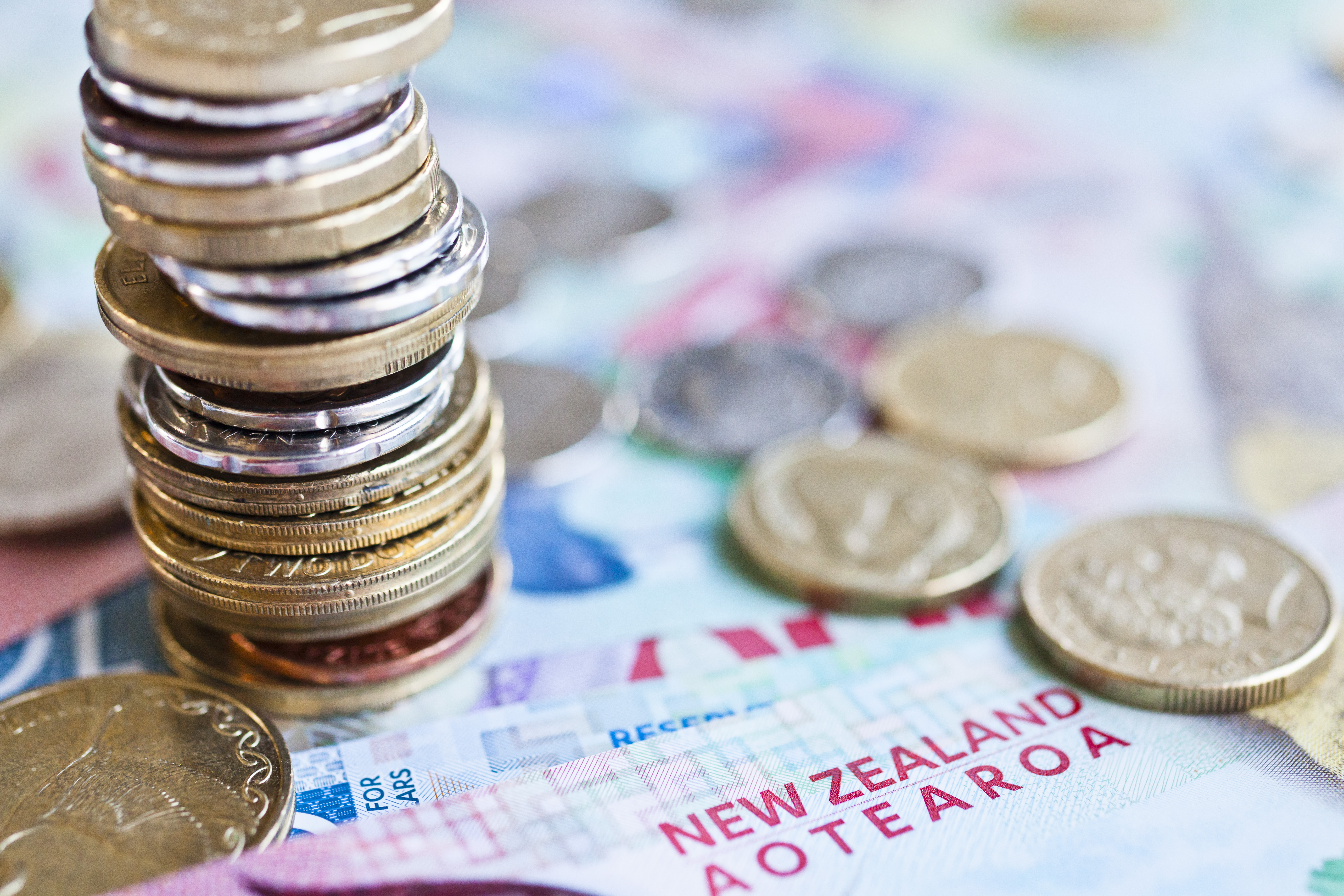
The minimum wage will increase to $17.70 an hour in April 2019, an increase of $1.20 an hour.
Workplace Relations and Safety Minister Iain Lees-Galloway said the increase will benefit approximately 209,200 workers, and lift wages throughout the economy by $231 million per year.
“With the labour market tight and unemployment at the lowest since 2008 at 3.9 per cent, now is the right time to lift the wages of our lowest paid New Zealanders,” Lees-Galloway said.
In his announcement Lees-Galloway said for a full time worker the increase will mean an extra $48 a week before tax.
The starting-out and training wages will also increase from $13.20 to $14.16 per hour from 1 April 2019, in order to stay at 80 per cent of the adult minimum wage.
The wage rise is part of the government’s move towards $20 per hour by 2021. Minimum wage rates of $18.90 will come into effect on 1 April 2020 and $20.00 to come into effect on 1 April 2021.
“To provide businesses and workers with greater certainty, I am indicating minimum wage rates of $18.90 to come into effect on 1 April 2020 and $20.00 to come into effect on 1 April 2021.
“These indicative rates are subject to each year’s annual review, in accordance with the statutory process, which will take into account the economic conditions at the time.”
Lees-Galloway said the government carried out wide consultation with employer and worker representatives, including Business New Zealand and the CTU, and listened to the need for certainty on our travel toward $20 p/h minimum wage by 2021.
Building Service Contractors of New Zealand (BSCNZ) CEO Sarah McBride has welcomed the wage rise and said it will have a major impact on the cleaning industry.
The National Convenor of the Living Wage Movement Annie Newman, said from April 2019, there will be a 14.9 per cent ($2.85) difference between the minimum wage and the Living Wage. This compares with the current gap of nearly 22 per cent ($4.05).
“It is clear that the Living Wage is the right standard for New Zealand workers and as more businesses step up to pay decent wages we will see communities transform,” Newman said.
The Living Wage Movement now has more than 120 accredited Living Wage Employers, including Wellington City Council, AMP, Vector and numerous small and medium sized businesses.
New Zealand First’s Clayton Mitchell said raising the minimum wage was one part of the government’s approach to lift the wellbeing of all New Zealanders, and was a key part of the coalition agreement.
Comment below to have your say on this story.
If you have a news story or tip-off, get in touch at info@13.238.154.125